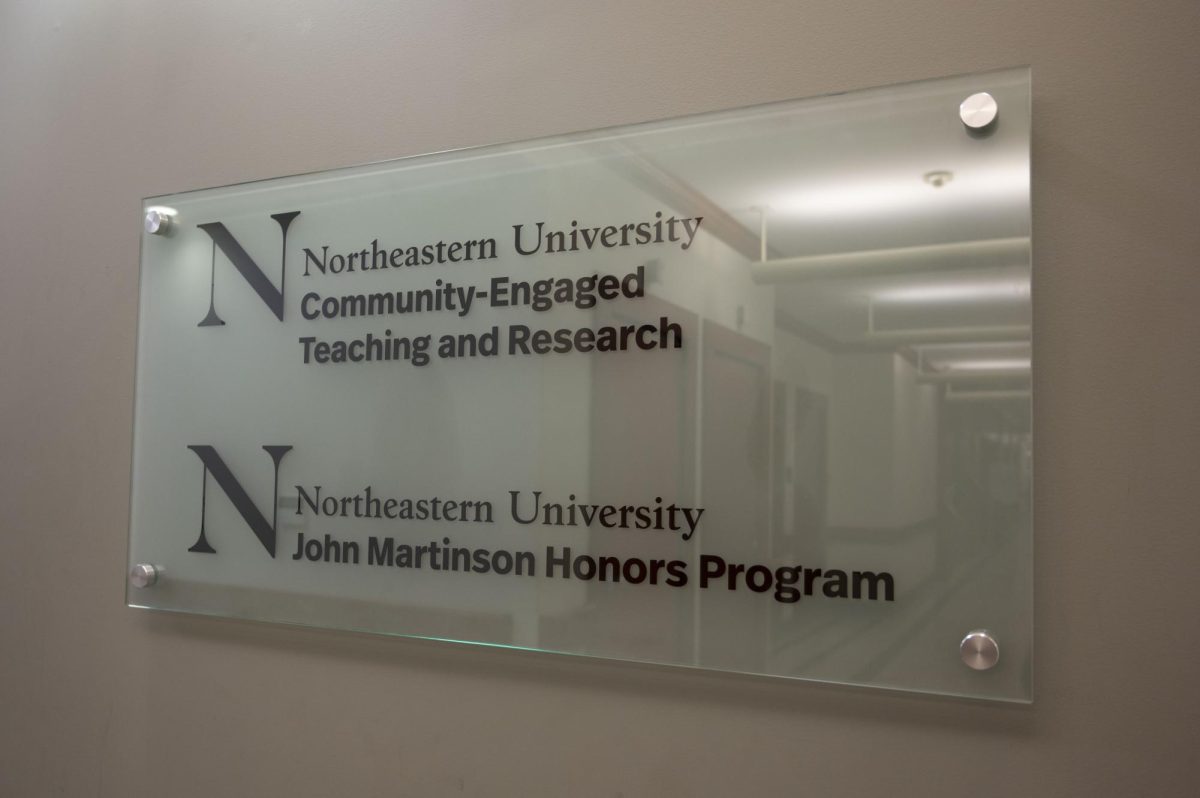The Consumer Financial Protection Bureau, a federal government agency, recently estimated the amount of student debt in the country to be about one trillion dollars. The Federal Reserve Bank of New York had previously put the figure at $870 billion by the end of 2011. Both figures are starkly worrying and would put current student debt levels in excess of the total sum of credit card debt in the country.
It might be difficult for the current student population to fathom, but during the 1950s and ‘60s, the era of unrivalled economic growth and social change in this country, university education was affordable for those who wished to attend. In places like California, the public school system was highly respected and one could attend somewhere like University of California Berkeley for free. Even the Ivy League colleges, now the reserve of the wealthy elite, were reasonable in price. One could attend Harvard for a tuition fee of no more than $1,500 per semester, which when adjusted to inflation is less than a quarter of the current tuition charged by the number one university in the world today.
The US Department of Education noted in August 2009 that while inflation had increased two and a half times over the previous 30 years, and medical costs had increased six times, the cost of a college education had risen tenfold. The reasons for this are privatization and the decrease in government funding.
Next year for the first time in California, their once- lauded public universities will receive more funding from the private sector than from state funding. The shift towards privatization in any industry is supposed to advocate efficiency but the university education system in this country has proven the opposite.
According to Washington Monthly magazine, between 1975 and 2005, the number of academic administrators in American universities increased by 85 percent.
The most repugnant phoenomium of this augmented bureaucracy must be that of university president. The New York Times reported that from 2000 to 2010, average presidential pay at the 50 wealthiest universities increased by 75 percent – to $876,792. Our very own President Joseph Aoun even manages to exceed that ghastly figure with a cool $1,016,461 earned in salary and benefits last year.
Another sound bite of Aoun is that at Northeastern, financial aid was increasing at twice the rate of tuition hikes. While financial aid is of course welcome, nationally some two-thirds of college seniors graduated with loans in 2010, according to the Project on Student Debt. I’m not sure how sustainable our level of financial aid is in any case as federal funding continues to decrease.
The privatization and financialization of universities means that endowments are heavily tied into the stock market, hence after the crash of 2008, we have seen a significant decline in revenue from this area.
Our university boasts an admirable post-graduation employment rate of around 95 percent, but I worry that the jobs Northeastern graduates take might not be ones they wish to do but rather ones they are conscripted into doing in order to service their debt. For the many who fail to secure a job in a stagnant economy, we can be assured there will be no bailout. Student debt cannot even be legally written off in bankruptcy.
The reduction in the level of government spending on higher education, the glutinous increases in tuition levels and the emergence of a predatory student loan industry have led us to this trillion dollar peak. This is just another feature of the blatant class warfare the rich have been waging on the poor and middle class people of this nation for the last half a century.
– Greg McInerney can be reached at [email protected].












